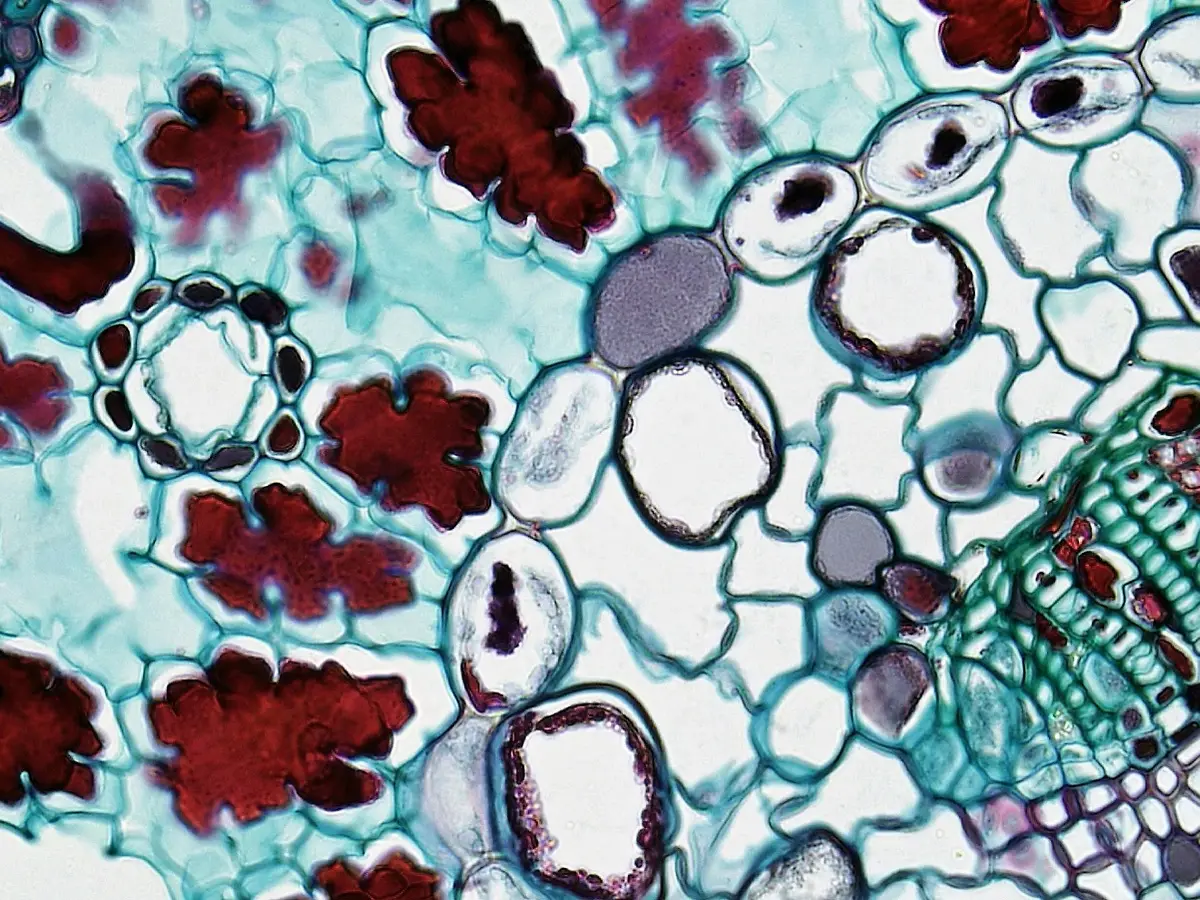A recent study has found that a common form of human papillomavirus (HPV), named Beta-HPV, might be more harmful than believed until now. Beta-HPV, which was once considered a rare contributor to skin cancer by intensifying UV damage, may in fact play a more direct role in driving cancer growth by actually hijacking the body’s cells. The study found that the virus can take over the body’s cells and promote tumour growth. These findings came from examining a 34-year-old woman who had recurring cutaneous squamous cell carcinoma (cSCC) on her forehead, despite undergoing surgeries and immunotherapy.
A deeper genetic analysis revealed something surprising: the beta-HPV had actually integrated itself into the DNA of the woman’s tumor and was producing viral proteins that helped the cancer thrive. The woman had an inherited immune disorder, one that prevented her T cells from attacking HPV.
Until now, beta-HPV was never found to have integrated into cellular DNA.
“It suggests that there may be more people out there with aggressive forms of cSCC who have an underlying immune defect and could benefit from treatments targeting the immune system,” said immunologist Andrea Lisco from the US National Institute of Allergy and Infectious Diseases (NIAID).
The research has been published in The New England Journal of Medicine.
Further tests revealed that the woman’s immune system could still repair DNA damage from UV radiation, the typical cause of cSCC, but the impairment of her T cells meant the beta-HPV could invade her skin cells and trigger the formation of cancer.
Trending Stories Culprit turning the world’s oceans red has reached Israel
Culprit turning the world’s oceans red has reached Israel Those touting India, Russia, China alliance, HOLD YOUR HORSES and read this. It’s not…
Those touting India, Russia, China alliance, HOLD YOUR HORSES and read this. It’s not… From Virat Kohli to Babar Azam, 5 batters fastest to 8000 T20 runs, two Indians on list
From Virat Kohli to Babar Azam, 5 batters fastest to 8000 T20 runs, two Indians on list How does India’s ‘unstable’ Tejas Mk rival F-22 and F-35 in air combat manoeuvres?
How does India’s ‘unstable’ Tejas Mk rival F-22 and F-35 in air combat manoeuvres? Who ruled the longest? Top 10 longest-lasting colonial empires in world history
Who ruled the longest? Top 10 longest-lasting colonial empires in world history ‘Payload and weapons’: Which fighter jets brings more firepower F-16 or Tejas Mk2?
‘Payload and weapons’: Which fighter jets brings more firepower F-16 or Tejas Mk2? From Pat Cummins to Ravindra Jadeja, 5 active bowlers with most international wickets, check who tops list
From Pat Cummins to Ravindra Jadeja, 5 active bowlers with most international wickets, check who tops list WATCH | Delhi couple claims entry denied in restaurant over Indian attire, CMO orders probe
WATCH | Delhi couple claims entry denied in restaurant over Indian attire, CMO orders probe 3 years after its debut, India’s SSLV rocket doesn’t have a market?
3 years after its debut, India’s SSLV rocket doesn’t have a market? From Ragdoll Cat to Sphynx Cat: 5 friendly cat breeds in the world
From Ragdoll Cat to Sphynx Cat: 5 friendly cat breeds in the world ‘50,000°C without fire’: NASA’s Voyager-1 reaches solar system’s firewall 20,000 lakh Km from Earth
‘50,000°C without fire’: NASA’s Voyager-1 reaches solar system’s firewall 20,000 lakh Km from Earth Meet five Indians with most runs in ODI cricket: Only one left-hander in the list, guess who?
Meet five Indians with most runs in ODI cricket: Only one left-hander in the list, guess who?
The immunocompromised woman was also being treated for other HPV-related illnesses, including warts on the skin and in the mouth.
Once the cause was found, she received a bone marrow stem cell transplant to replace her dysfunctional T cells with healthy ones. This cleared up the aggressive skin cancer and her other HPV-caused issues, none of which returned in a three-year follow-up period.
“This discovery and successful outcome would not have been possible without the combined expertise of virologists, immunologists, oncologists, and transplant specialists, all working under the same roof,” says Lisco.
The study shows that there are other factors at work too besides UV radiation as a cause of skin cancer. In cases of weakened immune systems like this, which are rare, even benign viruses can have devastating effects.
The finding emphasises the need for targeted and personalised cancer treatments that may well be more effective than conventional and generic approaches.
“This discovery could completely change how we think about the development, and consequently the treatment, of cSCC in people who have a health condition that compromises immune function,” says Lisco.

